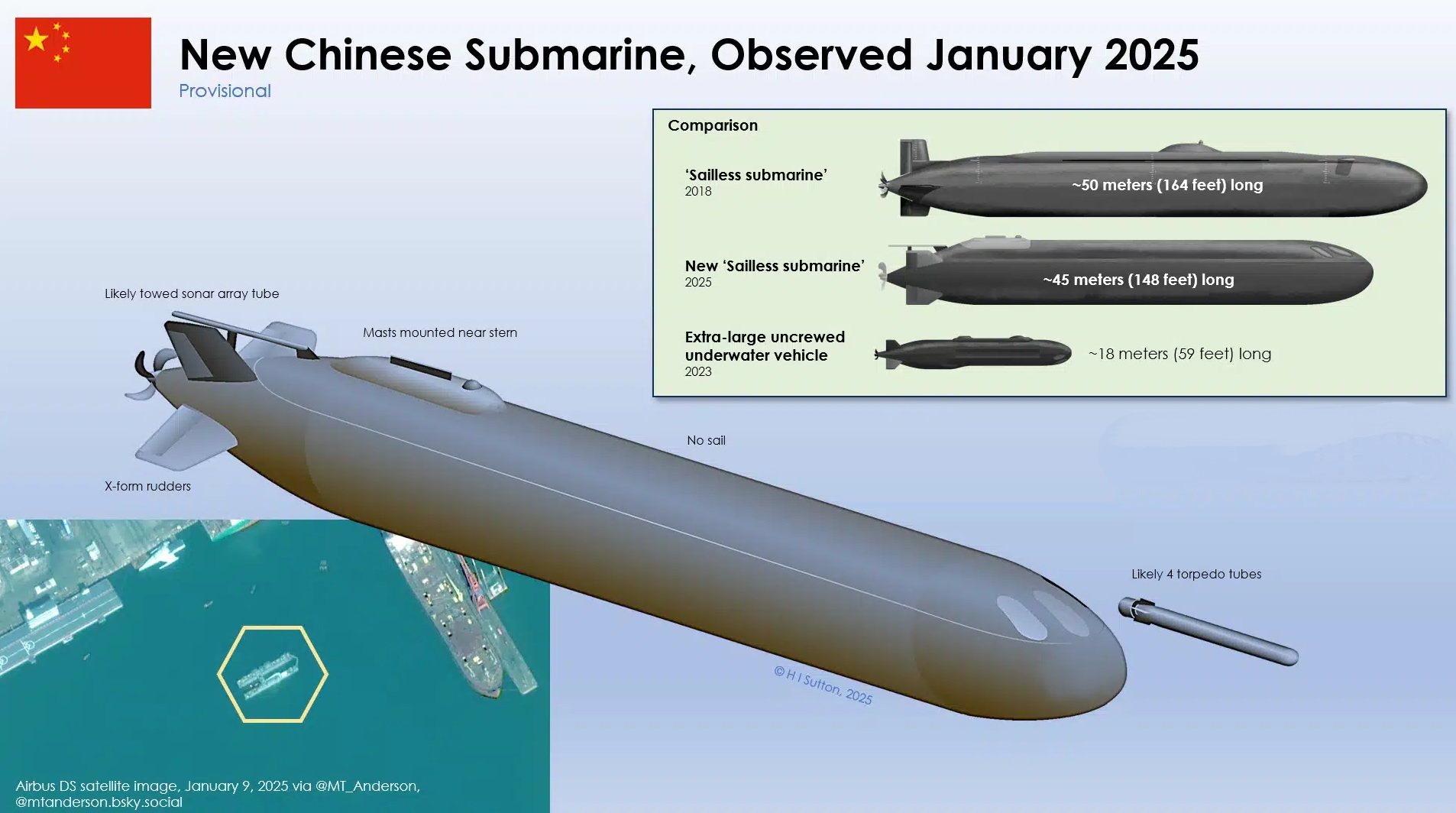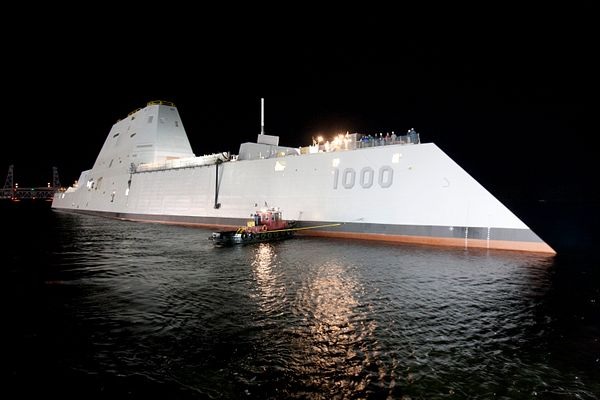Serbia Ends Military Contracts With Russia

Serbia has taken a decisive step in its defense policy by terminating multiple military contracts with Russia. This move, confirmed by Serbian Armed Forces Chief of Staff General Milan Mojsilovic, reflects the growing challenges in maintaining military ties with Moscow in light of international sanctions imposed on Russia after its invasion of Ukraine.
Breaking Ties With Russian Military Suppliers
The decision to halt military contracts stems from difficulties in acquiring weapons and parts from Russia, a problem compounded by the geopolitical isolation of Moscow. Serbia has historically relied on Russian-made military equipment, including the aging MiG-29 Fulcrum fleet and Soviet-era systems. However, General Mojsilovic stated that it has become "practically impossible" to secure deliveries from Russia under the current circumstances.
To address the gap, Serbia has been exploring alternative sources for its defense needs. General Mojsilovic revealed that strategies are already in place to acquire military equipment from other partner nations. Some of these systems are licensed versions of Russian equipment, allowing Serbia to maintain operational continuity while reducing dependence on direct Russian supplies.
The Fighter Jet Shift: From Russia to France
Serbia’s pivot from Russian military suppliers was already evident last year when the government abandoned plans to procure fighter jets from Moscow. Instead, Belgrade entered a €2.7 billion ($2.7 million) agreement with France to purchase 12 Rafale fighter aircraft. The decision to invest in the French-built Rafales marks a significant modernization effort for the Serbian Air Force, replacing its aging fleet of MiG-29s.
The Rafale, a fourth-generation multirole fighter, is known for its versatility and advanced capabilities, including air superiority, ground attack, and reconnaissance missions. Equipped with state-of-the-art avionics and weaponry, the Rafale offers Serbia a cutting-edge platform to bolster its defense capabilities amid shifting regional dynamics.
Neutrality Amid Geopolitical Pressures
Despite its decision to terminate contracts with Russia, Serbia continues to maintain a delicate stance of neutrality. It is one of the few European nations, alongside Mexico and Brazil, that has refrained from imposing sanctions on Russia. This position, however, has not shielded Serbia from significant pressure from NATO member states surrounding the country.
Russian International Affairs First Deputy Chairman Vladimir Dzhabarov acknowledged Serbia’s challenging position, citing the "constant pressure" Belgrade faces from NATO. He described Serbia's neutral stance as rational but noted that geopolitical realities often force compromises.
“Politics has its own considerations,” Dzhabarov remarked, expressing his belief that Serbia’s decision was influenced more by practicalities than ideological differences.
Balancing Defense Needs and International Relations
Serbia’s recent moves underline the delicate balancing act it must perform to navigate its defense requirements while managing its geopolitical relationships. By diversifying its military suppliers and aligning with Western nations like France for advanced equipment, Belgrade signals a gradual shift away from its historical reliance on Russia.
At the same time, Serbia’s adherence to neutrality and resistance to anti-Russian sanctions showcase its attempt to maintain an independent foreign policy. The termination of military contracts with Russia is not merely a logistical decision but a reflection of the changing defense and diplomatic landscape in the Balkans.
As Serbia transitions to modern, Western-built military platforms like the Rafale, the implications of this shift extend beyond its armed forces, highlighting the country’s evolving role in an increasingly polarized world.



